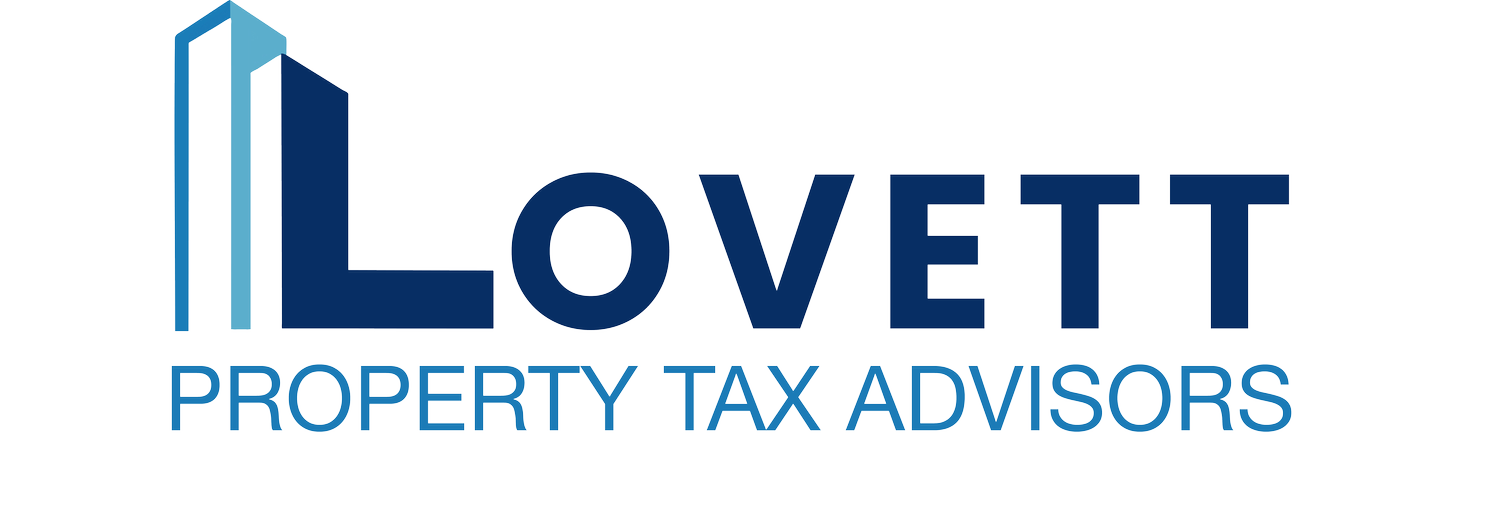Understanding Official Code of Georgia Annotated § 48-5-311
Introduction: The Official Code of Georgia Annotated (OCGA) is the compilation of the laws of the state of Georgia. Among the numerous statutes contained in the OCGA, one important provision is § 48-5-311, which outlines the assessment and taxation of property in Georgia. This article aims to provide a summary of the key aspects of OCGA § 48-5-311 and its implications for property owners and local authorities.
Background: OCGA § 48-5-311 establishes the legal framework for determining property assessments and taxes in Georgia. Property taxes play a crucial role in funding local government services such as schools, public safety, infrastructure, and more. The statute defines the assessment process and provides guidelines to ensure fairness and consistency in property taxation.
Summary of OCGA § 48-5-311:
1. Property Assessment: The statute establishes that all real and personal property within Georgia is subject to assessment for taxation purposes. This includes land, buildings, improvements, and tangible personal property such as vehicles and equipment.
2. Fair Market Value: OCGA § 48-5-311 mandates that property be assessed based on its fair market value. Fair market value refers to the price that a willing buyer and a willing seller would agree upon in an open market transaction. The county tax assessor's office is responsible for determining the fair market value of each property.
3. Assessment Ratio: The statute establishes an assessment ratio that is applied to the fair market value to calculate the assessed value of the property. The assessment ratio may vary between different types of property, such as residential, commercial, or agricultural, and is determined by the Georgia General Assembly.
4. Appeals: Property owners have the right to appeal their property assessments if they believe the assessed value is inaccurate or unfair. OCGA § 48-5-311 outlines the procedures and deadlines for filing an appeal with the county board of assessors or the board of equalization.
5. Exemptions and Special Assessments: The statute also provides for various exemptions and special assessment programs. These include exemptions for certain types of property, such as homestead exemptions for primary residences, as well as programs for agricultural, conservation, and historic properties.
6. Tax Rate: Once the assessed value of a property is determined, it is multiplied by the millage rate to calculate the property taxes owed. The millage rate is set by local governments and represents the tax rate per thousand dollars of assessed value.
Implications: OCGA § 48-5-311 ensures that property assessments and taxation in Georgia are carried out in a fair and transparent manner. The statute provides property owners with the right to appeal their assessments, ensuring that errors or discrepancies can be addressed. Additionally, the exemptions and special assessments outlined in the statute help to accommodate specific property types and promote certain public policy objectives.
Conclusion: Official Code of Georgia Annotated § 48-5-311 serves as a vital legal framework for property assessment and taxation in Georgia. By establishing guidelines for fair market value assessment, assessment ratios, appeals processes, and exemptions, the statute helps to ensure an equitable and efficient property tax system. Property owners and local authorities alike should be aware of the provisions outlined in OCGA § 48-5-311 to navigate property taxation in Georgia effectively.


